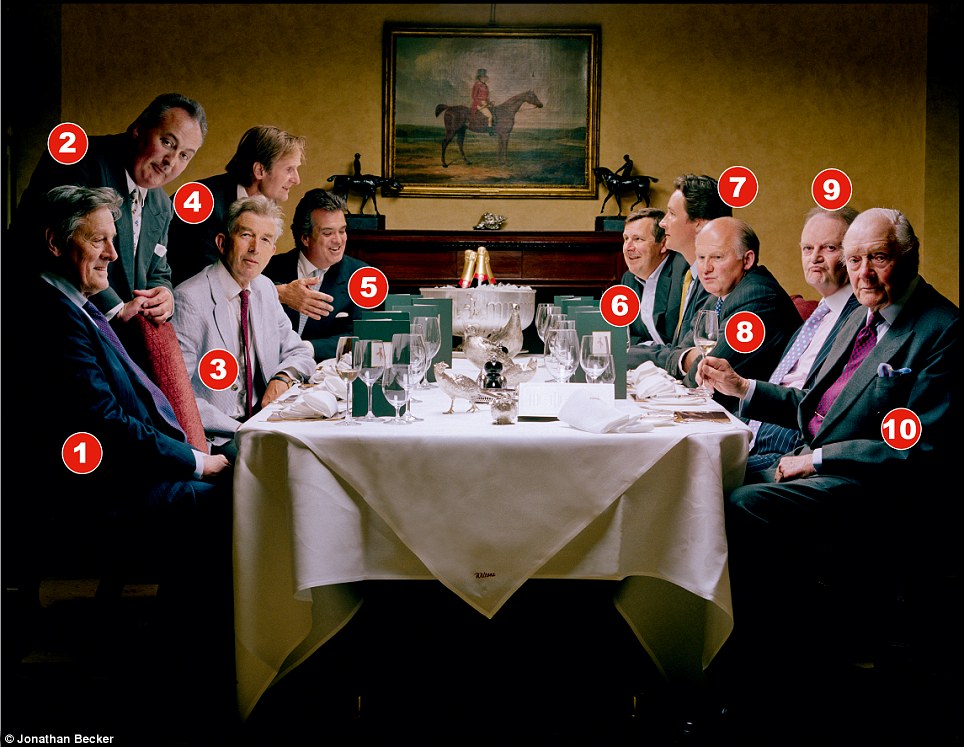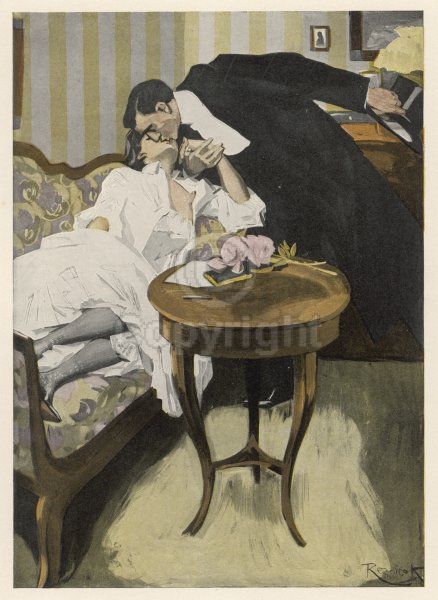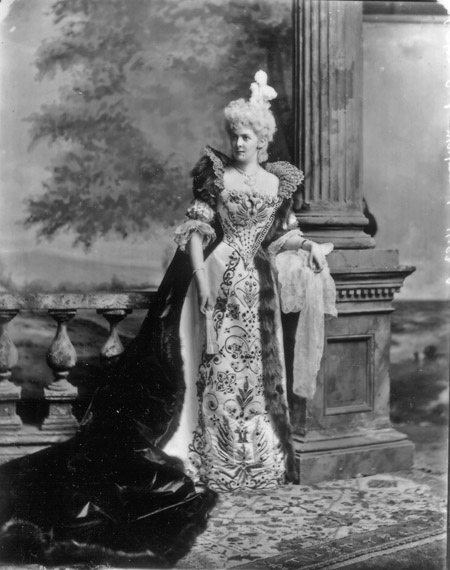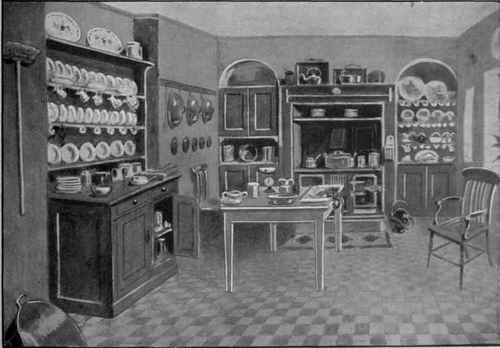From the Daily Mail:

Dukes are just one rung down from royalty in the social pecking order and enjoy a special status way above the rank and file of the aristocracy. As peerages go, it’s the jackpot.
Today, there are just 24 non-royal dukes in existence, down from a total of 40 in their Georgian heyday. And it’s fair to say that no modern monarch or government is likely to create any more.
So, to celebrate its 300th birthday, Tatler magazine decided to invite this dwindling band of mega-toffs to a ducal lunch. The result was the largest gathering of dukes since the Coronation of 1953.
Some were too frail to attend. Some live abroad. But ten of them gathered for oysters and Dover sole in London’s clubland. And the result is this intriguing study of 21st century nobility.
‘After 300 years, we wanted to recapture the spirit of the original Tatler, and what better than a room full of dukes,’ says Tatler editor Catherine Ostler.
Once, the holders of these titles would have been the A-list celebrities of their time. Today, most people would be pushed to name a single one of them.
With hereditary peers cast out into the political wilderness, dukes might seem little more than a comic anachronism in modern Britain. While they retain their rank and social clout, their only power is financial.
In the case of, say, the Duke of Bedford, this amounts to £500million in art, London property and a large slab of Home Counties commuter belt. As for the Duke of Leinster, whose grandfather ran a teashop, it is next to nothing.
Yet many dukes still play an active part in public life. The Duke of Norfolk, as hereditary Earl Marshal, is still responsible for organising the State Opening of Parliament and any coronations which should occur.
The Duke of Northumberland runs several public bodies across the North East while his wife is the local Lord Lieutenant.
The very first dukedom was a royal affair. In 1337, Edward III created his son, the Black Prince, the Duke of Cornwall. The title derives from the Latin dux – leader – and, throughout history, fewer than 500 British men have held the rank of ‘Duke’.
The last non-royal dukedom was created in 1900 for the former Earl of Fife, who was upgraded to Duke following his wedding to Queen Victoria’s granddaughter.
There might have been a new one in 1955 when the Queen offered one to Churchill, but he declined, preferring to die a commoner.
The only non-duke at the Tatler gathering was historian Andrew Roberts, invited to chronicle the event.
‘They’re all related and they all stick up for each other,’ he recalls.
But he fears that dukes could become an endangered species. ‘Not long ago, two important dukedoms – Newcastle and Portland – became extinct,’ says the historian.
‘So, my parting plea to the dukes was simple, even if it startled some of them. I simply said: ‘Keep procreating!’
Read more HERE





Extinct dukedoms?!? How is this possible???
lol. Most of the dukedoms created were for royals, some were for royal bastards and royal favorites, a few were lost during times of political upheaval (think the Tudor era, where people were frequently stripped of titles or executed), and others were just the result of a bunch of dukes and their heirs dying childless. Also, some dukedoms were created in other peerages (i.e. English, Scottish, Irish, etc), and when the last duke died, that title became extinct, though his other titles passed on to another male (or sometimes female) relative.
I’m so glad that I kept this issue of Tatler. It used to be that there were 26 non-royal Dukes. Sad that they couldn’t find any relatives to inherit Newcastle or Portland.